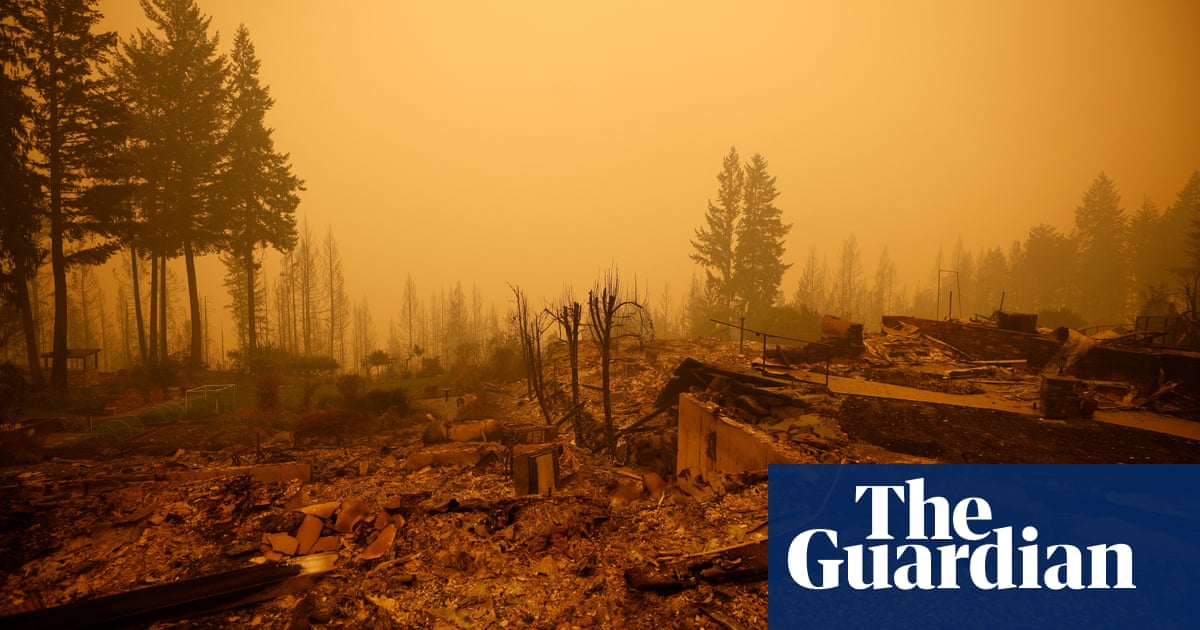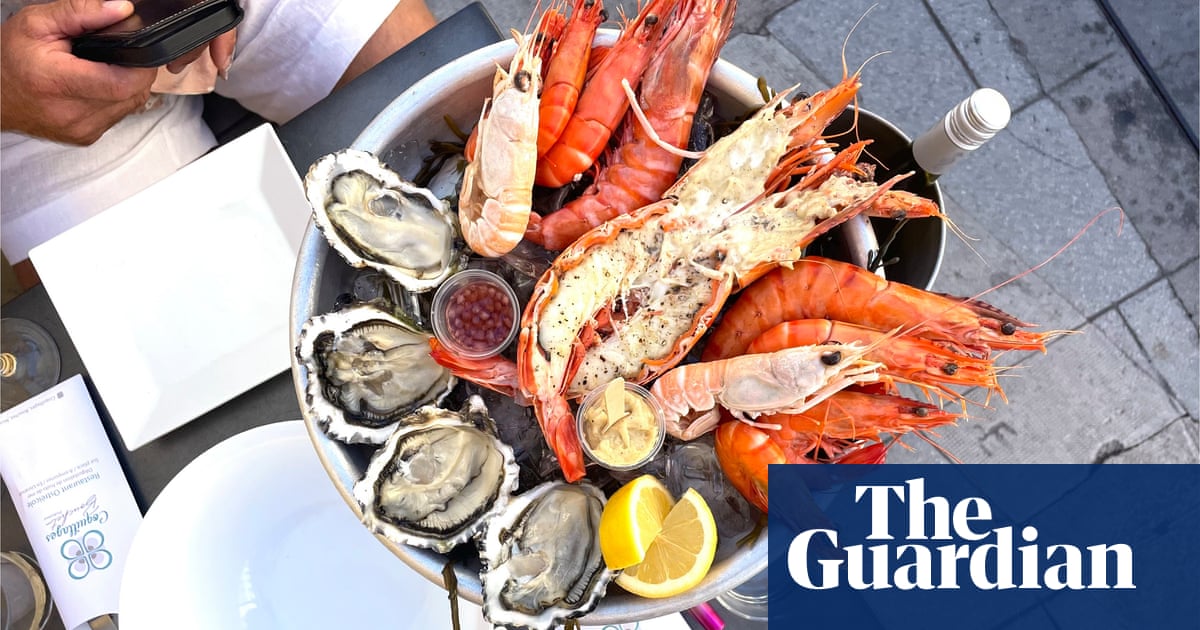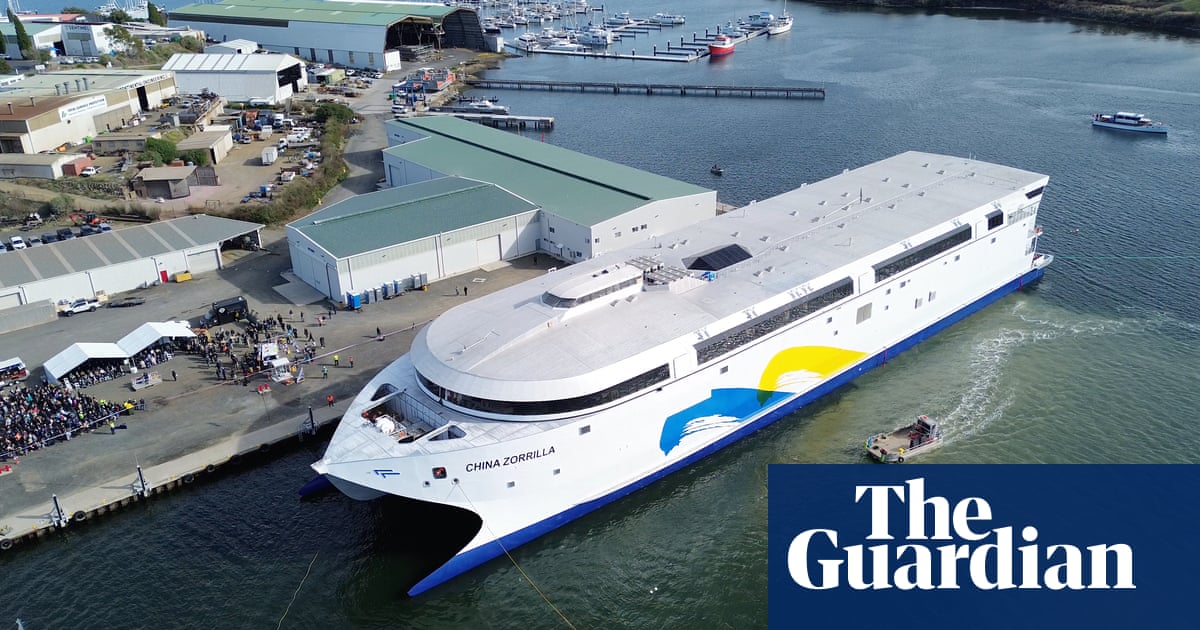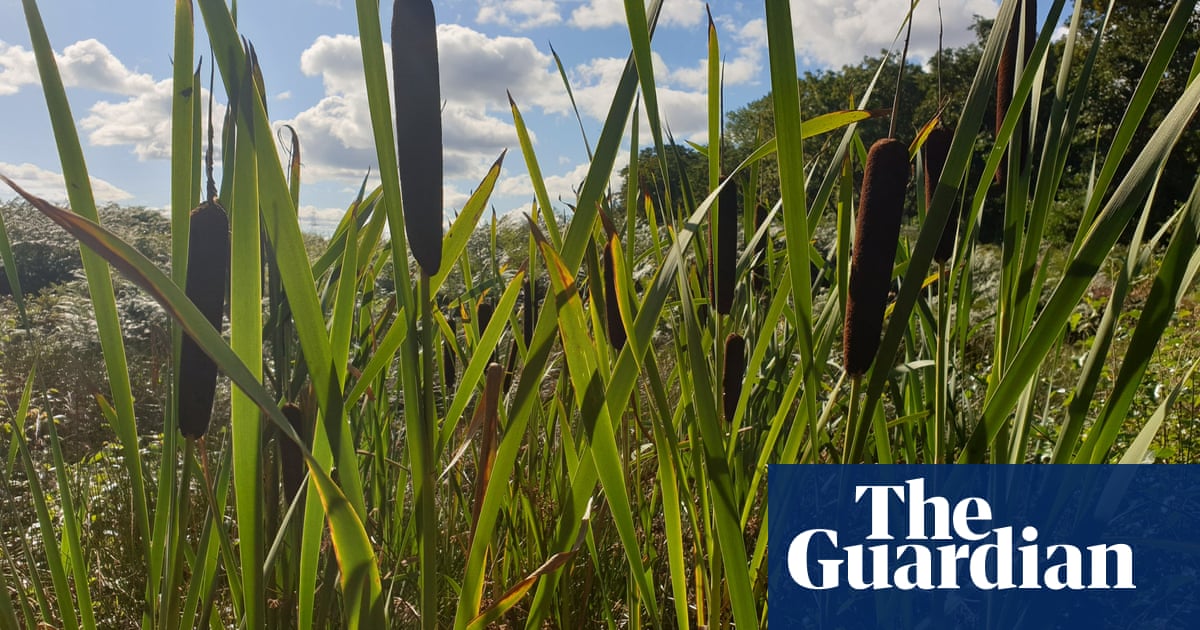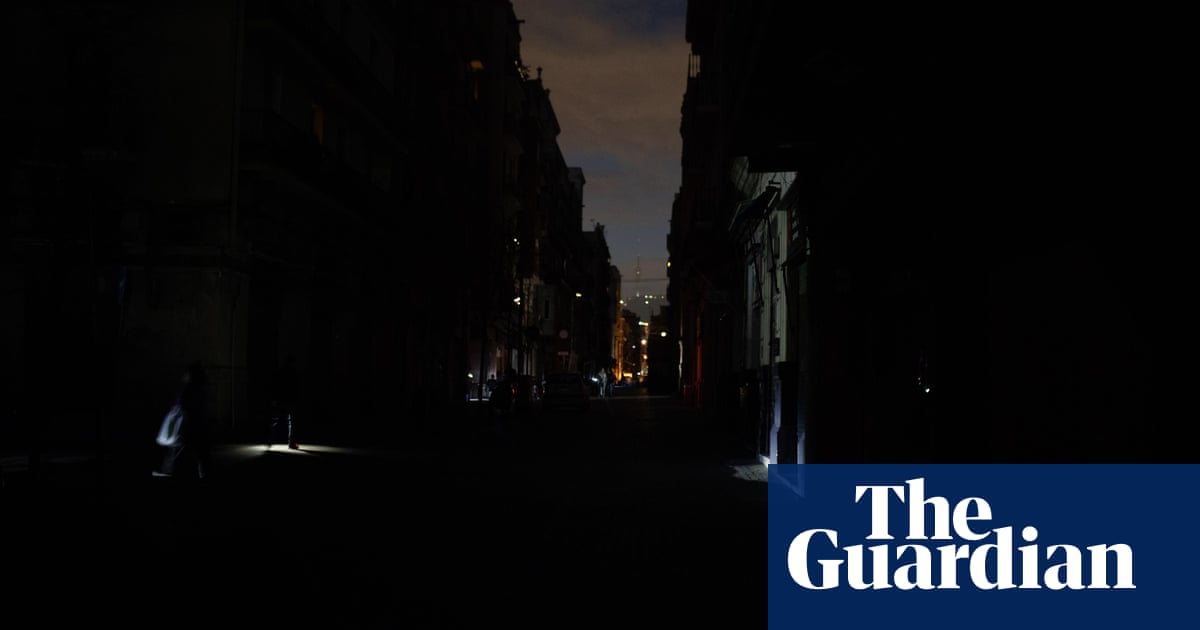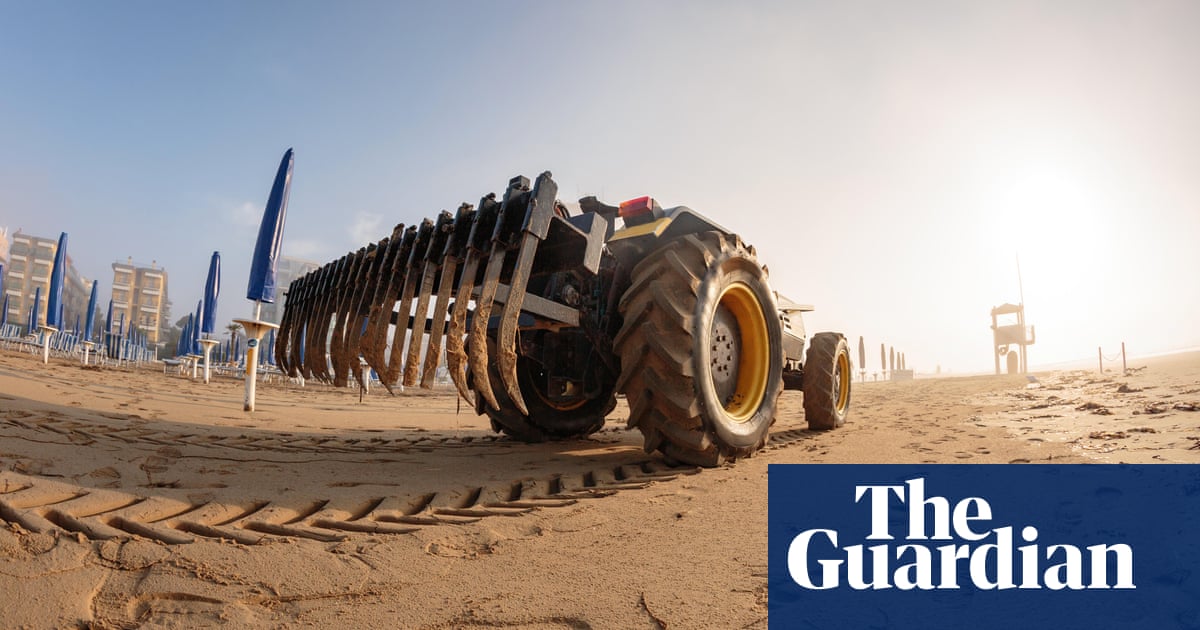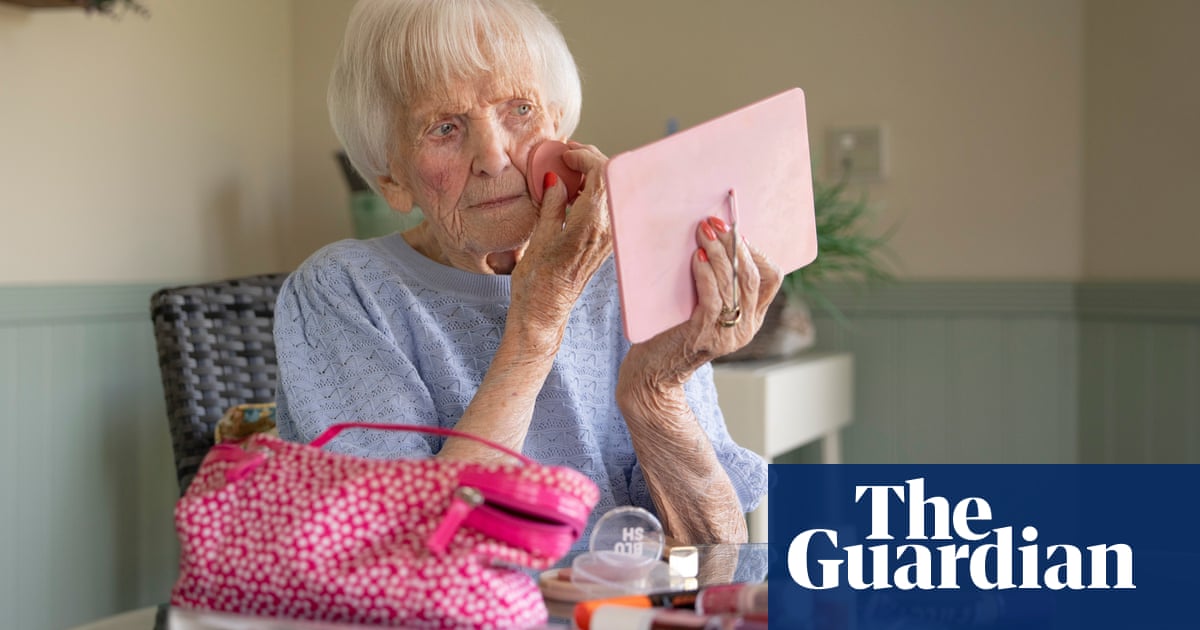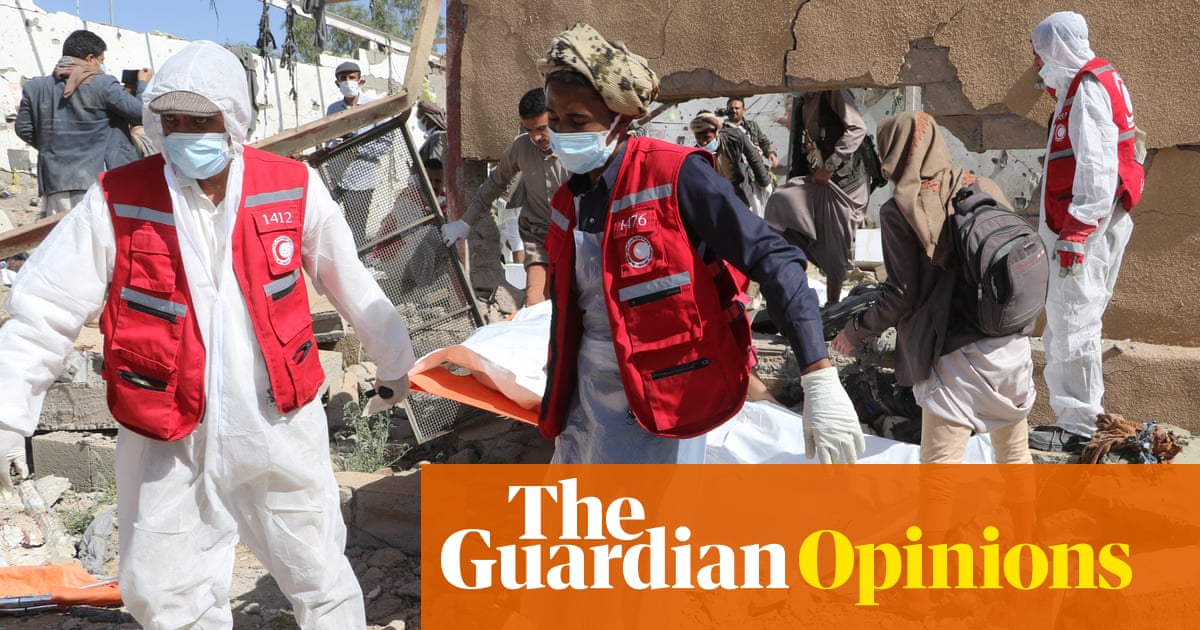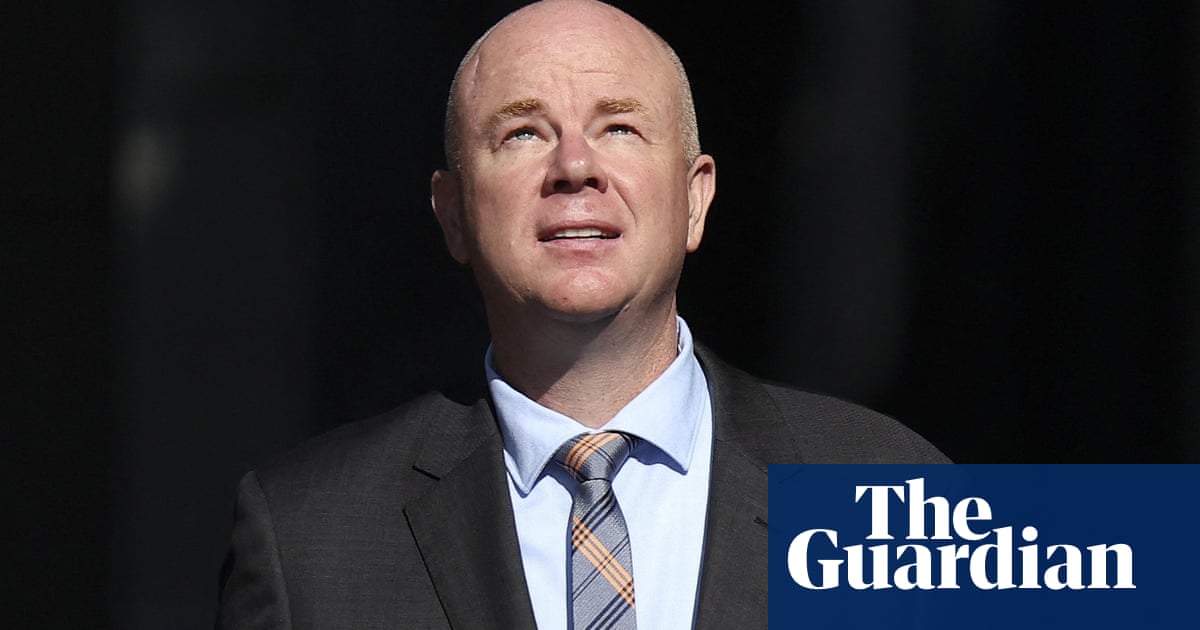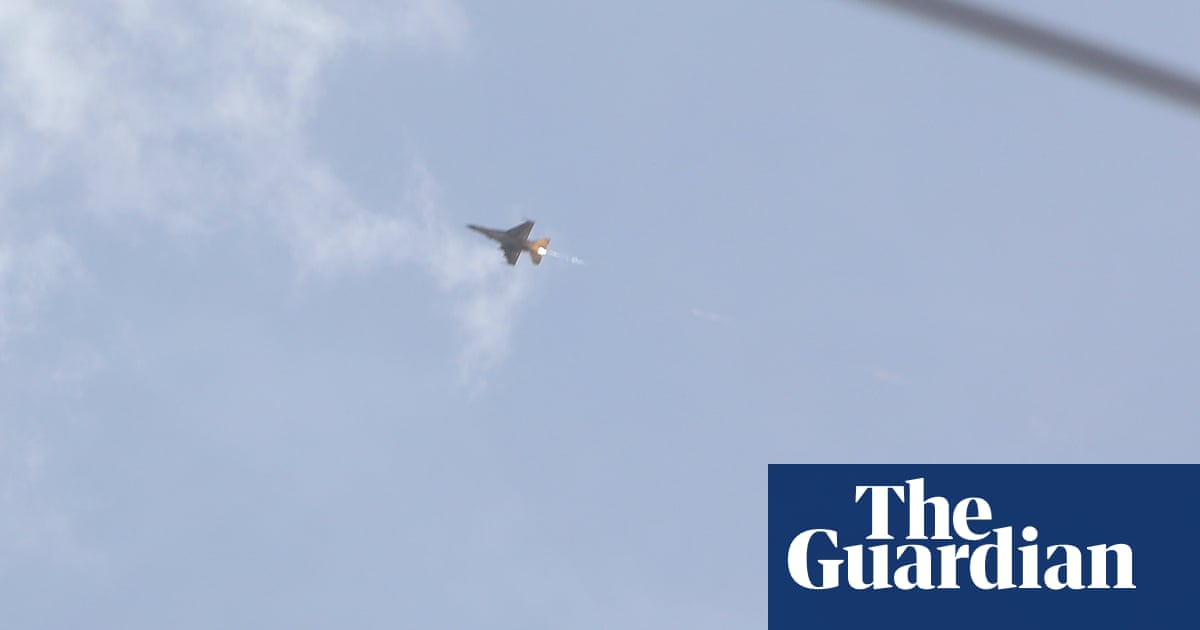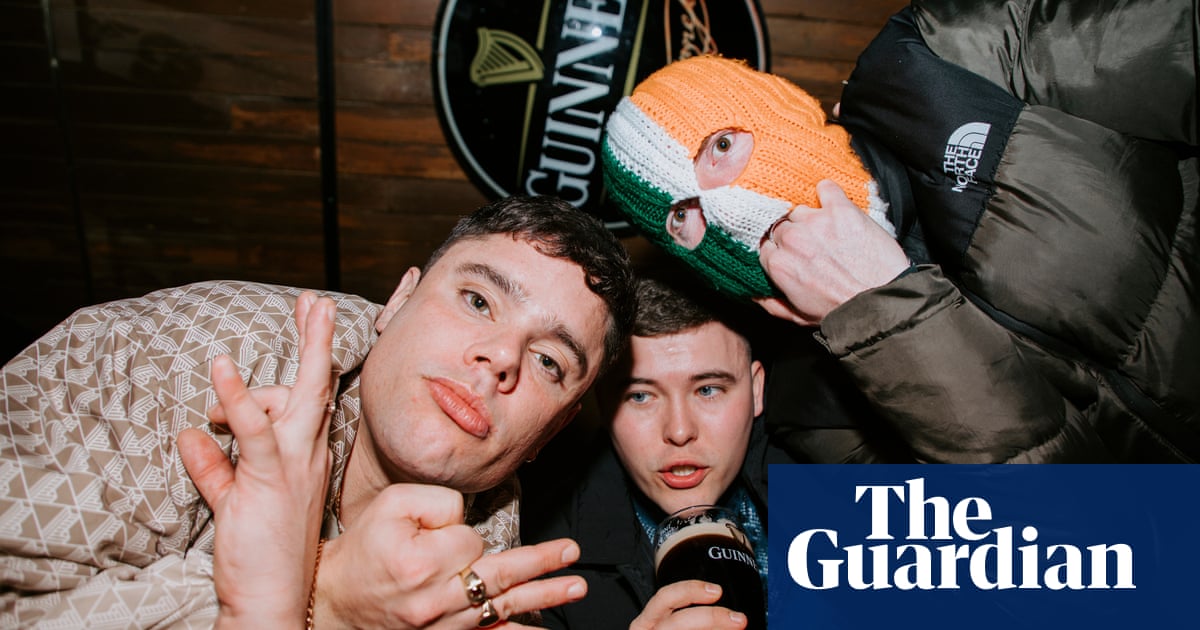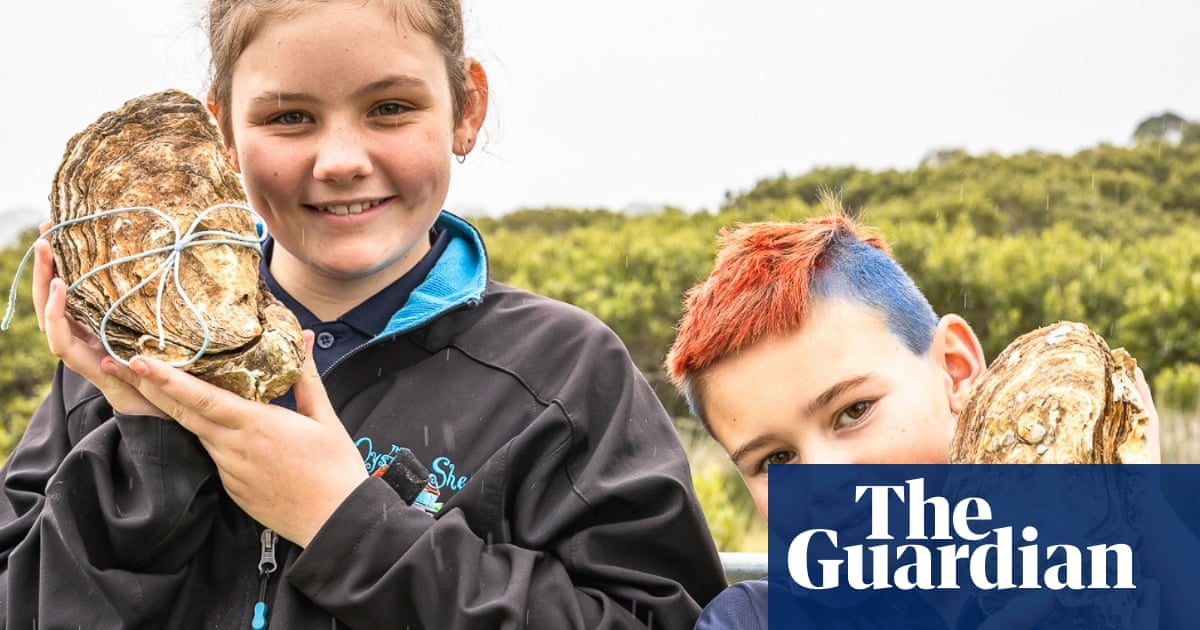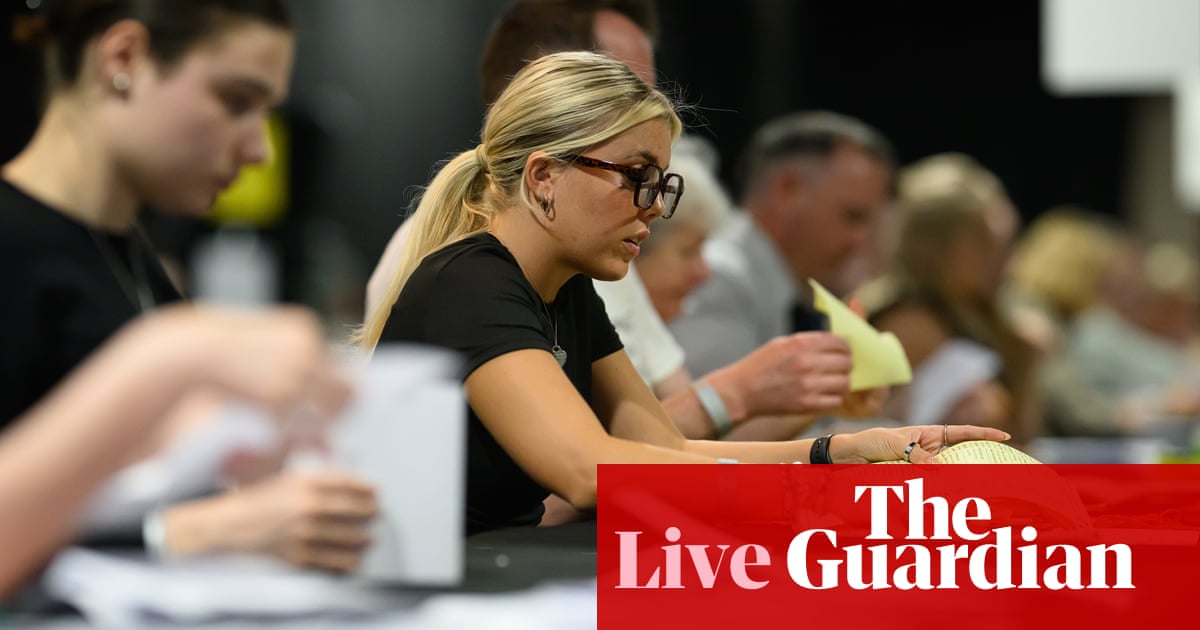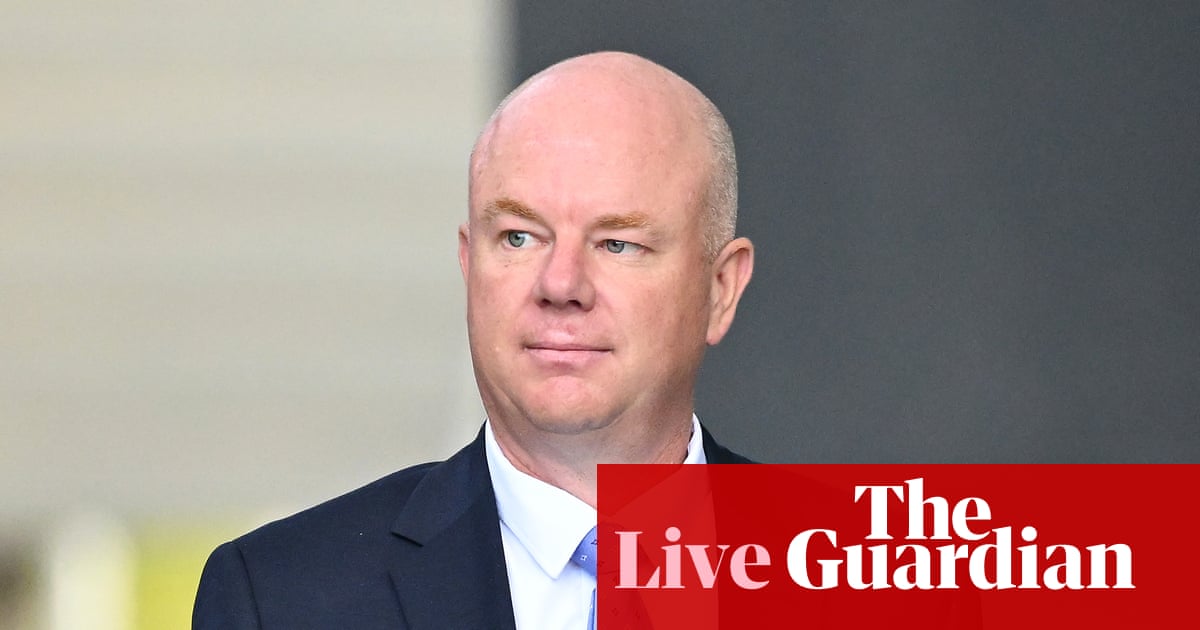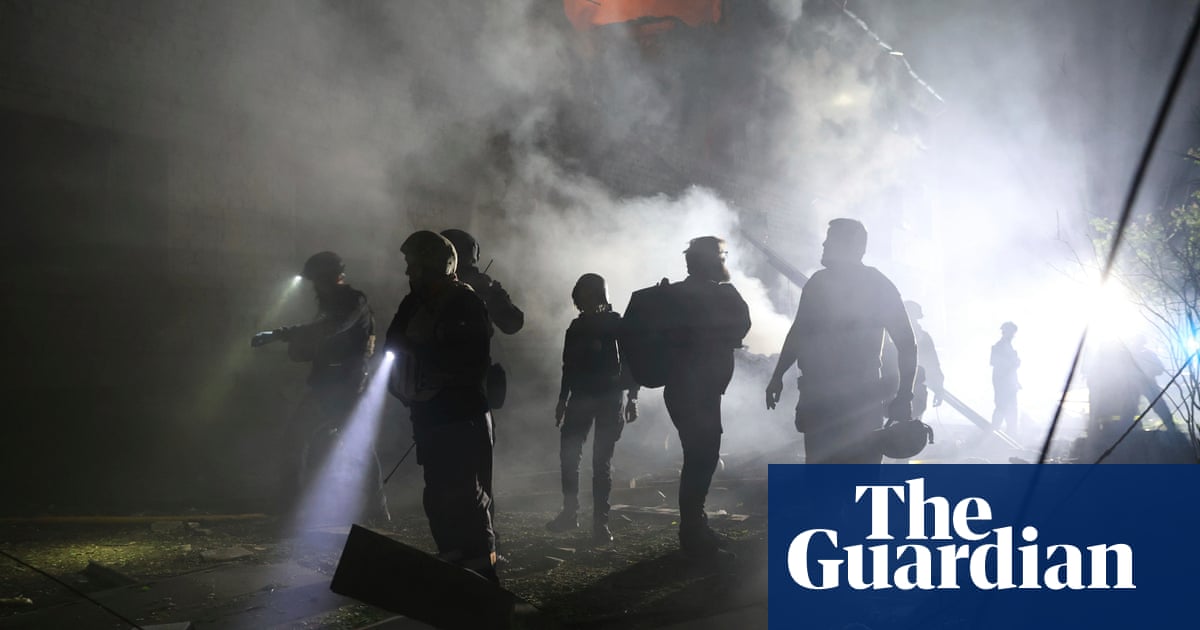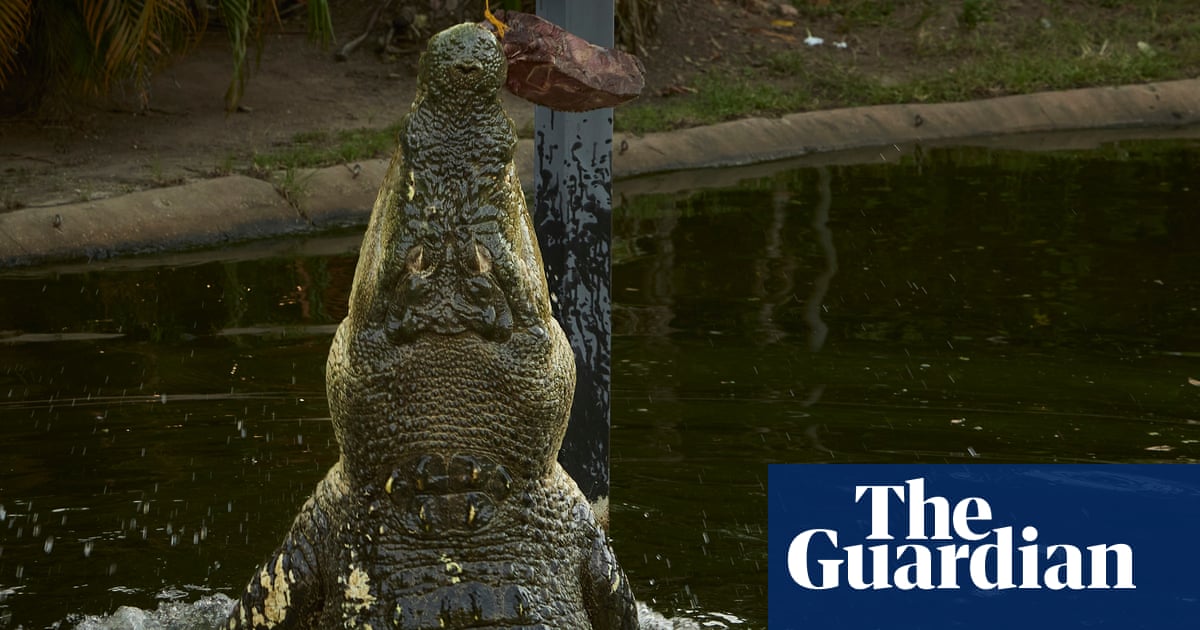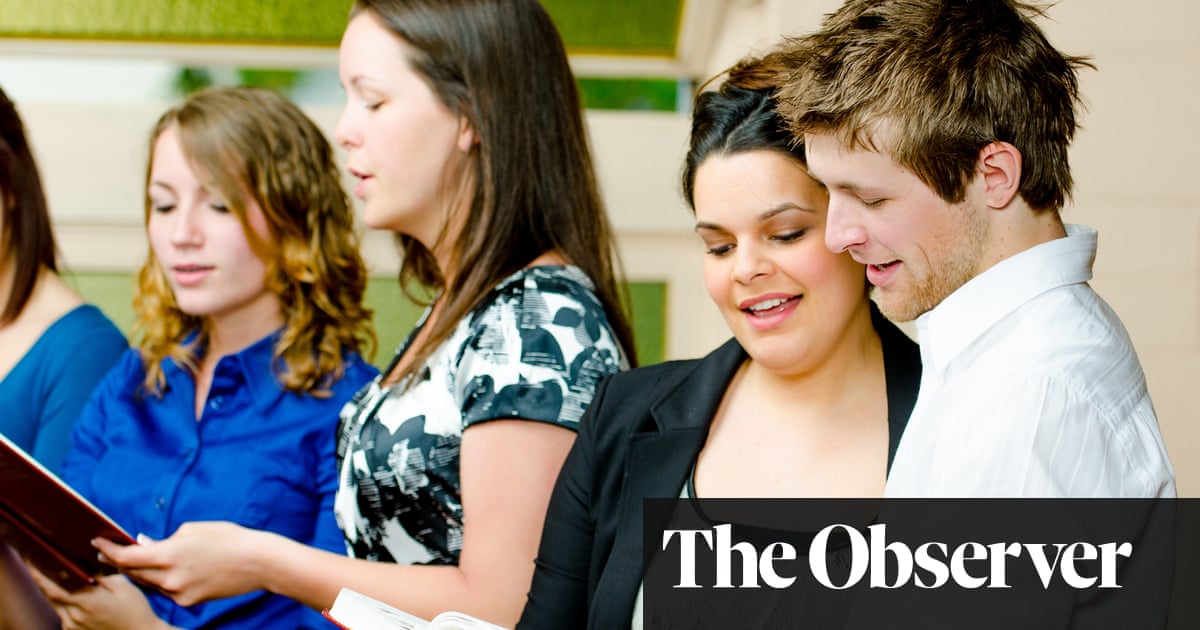In a modest house on a red dirt road in Ota in Ogun state, Adijat Adejumo, a 39-year-old auxiliary nurse, runs a small chemist shop. She treats common illnesses such as malaria and colds and sells painkillers, antidiarrhoeal medications and vitamins. For the past few years, she has also been selling packs of mifepristone and misoprostol, medicines included in the WHO essential medicines list to induce abortion safely.
Both medicines are legal in Nigeria, a country with one of the world’s highest maternal mortality rates, but only if used to save women’s lives during obstetric complications. Adejumo does not stock them in her shop; instead when a woman comes asking for help to end an unwanted pregnancy, she has them delivered. On average, she gets three such requests a month.

A mother of four, she has had two abortions herself. The first, 10 years ago, was self-induced with only misoprostol, the more accessible of the two drugs, but less effective if used alone. Complications meant Adejumo had to spend a week in the emergency ward of a Lagos public hospital. The second time, last year, she used both the pills she is selling and was amazed by how easy the experience was in comparison.
Adejumo is one of about 20 women in the Ota community – chemists, nurses and tailors – who distribute pills for pregnancy termination in this rural part of the southwestern state. They share personal experiences of unsafe, painful or life-threatening abortions and a willingness to help other women. “The pain I went through, I don’t wish on my worst enemy,” recalls Agnes Erinle, 43, one of the network leaders, who, after 22 years of teaching in a local school, resigned last year to concentrate on community organising and advocacy around safe abortion. “When I heard that there are drugs to induce abortion, that women can take in their own houses with the pain similar to menstrual cramps, I knew I needed to be involved.”

Every year in Nigeria, where abortion is legal only to save a woman’s life, approximately 6,000 women die from complications related to unsafe procedures, accounting for 10% of pregnancy-related deaths in the country.
In neighbouring Lagos state, the procedure is theoretically legal to protect a woman’s health, but the specifics of this legal framework remain largely unknown, even among medical professionals. On 29 June 2022, after four years of collaboration between doctors, lawyers and lawmakers, the Lagos state government released guidelines designed to clarify when a pregnancy could be dangerous and to provide a standardised approach for the medical sector. However, under intense opposition from religious leaders and in a year of federal and local elections, the guidelines were suspended a few days later on 8 July. The status quo remains, despite ongoing appeals from women’s rights and civil society organisations.

In Ogun state, Victoria Mbah, 49, who has worked on projects combating maternal and infant mortality and malnutrition, created the Trust and Support Foundation. With a handful of employees and volunteers, the foundation trains and supports a network of local women ensuring access to information and pills within the community. They also collaborate with the Ogun state ministry of women’s affairs on advocacy initiatives, organising community-based seminars to raise awareness about the importance of safe abortion access, within the law. “Our main goal is to ensure that women have information on abortion pills, which really can save their lives, and we ensure that they have these pills in their hands.”
Last year, the foundation also opened a helpline called Ms Smart. The news quickly spread and in its first five months, counsellors received hundreds of calls from women seeking an abortion or help to escape domestic or sexual violence. The amount of gender-based violence recorded across the country is rising, particularly since the Covid-19 pandemic. Despite a countrywide state of emergency on rape being declared in 2020, the number of rape incidents has increased every year since. In 2022, 65% of women in Nigeria said they had experienced rape in their life. Aware of the double cruelty of shockingly high levels of rape and laws forbidding abortion, the foundation tries to minimise the harm. “Before we refer women to our partners who help on sexual violence cases, we check if they are pregnant and ensure they are able to make informed decisions on their body autonomy,” says Mbah.

Mbah’s motivation to create the network, unique in Nigeria, also comes from personal experience. When she was 18, she worked as a waitress in a hotel to finance her education and learned that rape was an integral and unspoken part of the job. She became pregnant after the first time she was abused and had an abortion in a private clinic. “I was crying and I was terrified. Ten girls were waiting in a tiny corridor. There was just a bed in the room. No anaesthesia, no antibiotics or checkups. I was sick for two weeks after.”
Without help or any other work prospects, she stayed in the job, was raped again, and again had an abortion in the same clinic. “That was the only solution I knew then. If somebody tells me that women should go through such a terrible experience – now I know that there is a safe way – I’ll fight against them with all my strength,” she says with tears in her eyes. “I started the work because no one else was doing it.”
In Lagos, women who want to access abortion often face similar situations. From her bed in the maternity emergency ward of Lagos State University teaching hospital, Vanessa*, 24, describes a clinic where she had an abortion 12 days earlier. “It was a small bungalow, hidden very deep in a dead end. No signs, I walked past it a few times before noticing.”

After struggling with abdominal pain and not being able to eat or drink without vomiting for several days, Vanessa told her mother about her abortion and was rushed to hospital. Diagnosed with post-abortion sepsis, abdominal swelling and a possible life-threatening bowel perforation, she is awaiting surgery. “I just wanted it to be done as soon as possible,” she says of the abortion. “But in these clinics, some people know what they are doing, some don’t. It depends on who you know and if you are lucky.”
Zara and Faith did not have abortions. Both are 18. Both became pregnant as a result of rape and, after being rejected by their families, were promised a place to stay by the only shelter in Lagos that provides support to underage pregnant girls. But only if they carried their pregnancies to term. Run by a Christian organisation, the Alabaster Jar Foundation, the shelter offers girls accommodation, food and clothing. Prenatal medical appointments, treatments, the delivery and first vaccinations for their newborns are also taken care of.

Two months after the delivery, however, young mothers are left alone, encouraged to reconnect with their families or look for an alternative solution. Zara and Faith left the shelter with their newborns without accommodation, work or support. Zara’s extended family agreed to host them, but they struggle with a lack of basic amenities.
The national campaign against rape is visible, and initiatives to change the perception of sexual violence, still often blamed on the survivor, are talked about in hospitals, homes and on social media. Multiple organisations, such as Mirabel Centre, WardC and Warif, partly financed by local and federal governments, provide medical, psychological and legal support to survivors, and training to doctors, police officers and judges working on cases of gender-based and sexual violence. For the past five years, on the first Saturday of December, crowds, including violence survivors, students and activists, have gathered in Lagos Island for an annual No Tolerance March. Followed by local media, people walk and chant feminist slogans while blocking the Lagos traffic.
The fight for legal and safe abortion, however, is much less visible. “With abortion, we are fighting against the law and powerful religious beliefs. There is much misinformation, and we are combating years of stigmatisation. For now, we don’t even say the word abortion, and refer rather to safe termination of pregnancy, so that our stories are listened to and accepted,” says Mbah.

But there has been some limited progress. In May 2023, Ogun state’s government, where Mbah’s foundation is based, implemented its guidelines on safe abortion, which extend legal exceptions to cases of rape, incest, risk to health and specifications around cancer and hypertension, positioning the state as the most progressive in Nigeria on abortion rights.
In the meantime, women rely on one another for support. In Adejumo’s shop, whenever a woman in distress comes seeking help to terminate an unwanted pregnancy, Adejumo reassures her that she is safe, and provides her with pills.
For now, she says, it is the best possible way: “There is so much domestic violence; women come and tell me their stories. Their men just come and go, want to have sex, but do nothing else. We are the ones taking care of ourselves and our children. So, we should find ways only to have babies that we know we can afford to take care of and educate. We need to find the best solutions we can.”
*Name has been changed

 3 months ago
53
3 months ago
53
